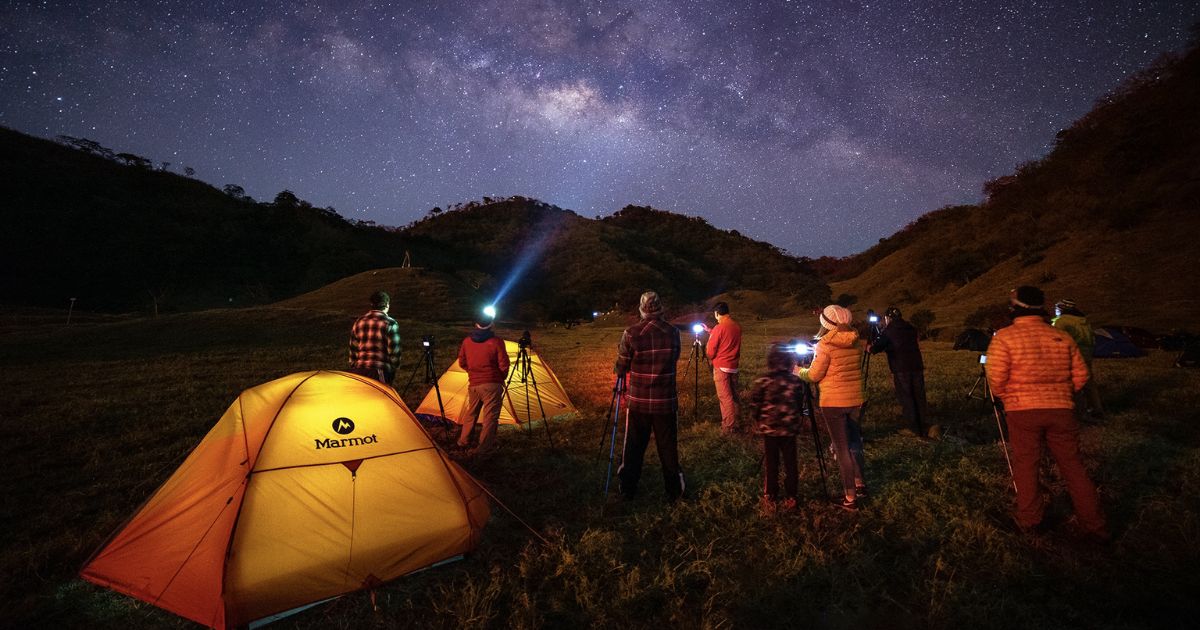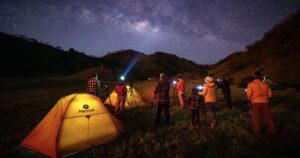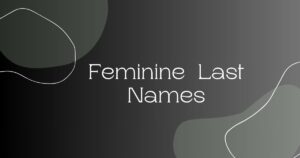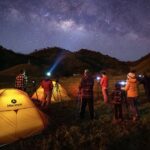Bluefire Wilderness is a wilderness therapy program designed to offer therapeutic interventions for struggling adolescents and young adults facing emotional, behavioral, and mental health challenges. The program takes a holistic approach by combining outdoor experiences with evidence-based therapy techniques to promote personal growth, self-reflection, and skill development.
Bluefire Wilderness therapy aims to provide a supportive and structured environment where participants can engage in outdoor activities such as hiking, camping, and adventure-based challenges. These experiences are intended to encourage self-discovery, develop resilience, improve interpersonal skills, and foster a deeper connection with nature.
In the article, we will discuss the troubled teen industry, including its controversies, concerns, and the need for improved regulations and ethical practices to ensure the well-being and safety of at-risk youth.
What is BlueFire Wilderness Therapy?
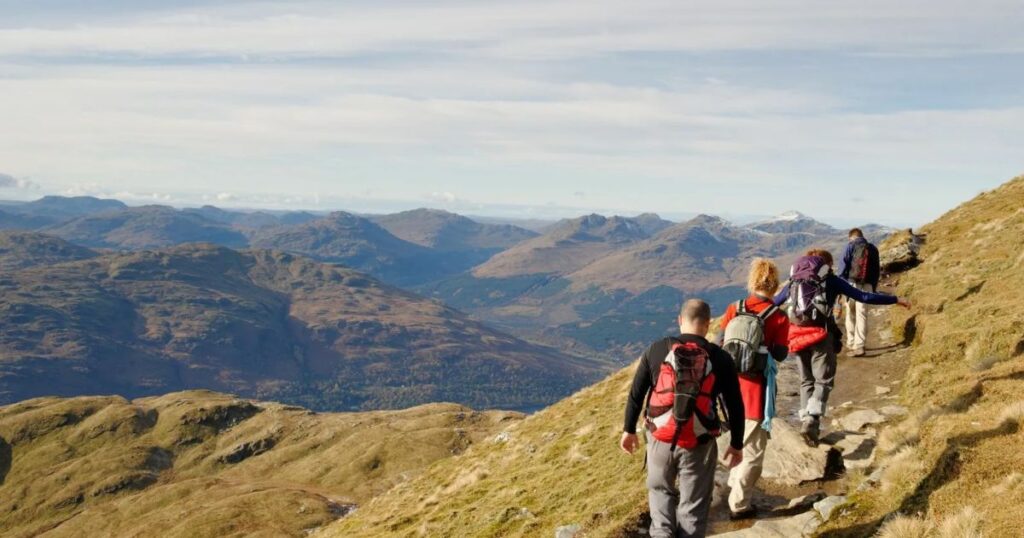
BlueFire Wilderness Therapy is a therapeutic program designed to help adolescents and young adults facing emotional, behavioral, and mental health challenges. It combines the healing power of the wilderness with evidence-based therapy techniques to create a transformative experience.
Participants engage in outdoor activities such as hiking and camping, while also attending individual and group therapy sessions led by licensed therapists. The program aims to promote personal growth, self-reflection, and skill development in a supportive and structured environment.
Read this Blog: Now.gg Roblox: Play Roblox Games in Your Browser in 2024
Why is BlueFire in Court?
BlueFire Wilderness Therapy is currently involved in a court case that has raised concerns about the program’s practices and the well-being of its participants. The specific details of the lawsuit may vary, but it generally involves allegations of negligence, emotional distress, or misrepresentation. The court case highlights the need for a thorough examination of the allegations and their potential impact on the reputation and operations of BlueFire Wilderness Therapy.
How Does Wilderness Therapy Work?
Wilderness therapy, including programs like BlueFire Wilderness Therapy, operates on the belief that the wilderness can serve as a powerful therapeutic setting. Participants engage in outdoor activities and experiences that challenge them both physically and emotionally.
The wilderness environment encourages individuals to step out of their comfort zones, confront their challenges, and develop resilience. Alongside these outdoor experiences, participants also engage in individual and group therapy sessions with licensed therapists. These therapy sessions provide a supportive and therapeutic space to explore and address underlying emotional and psychological issues.
Alternative Therapeutic Interventions
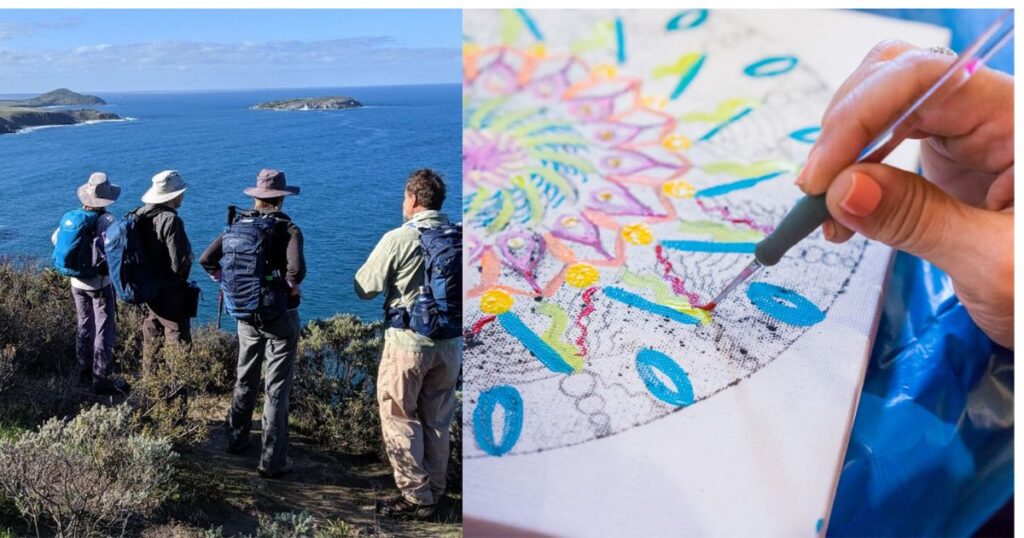
Alternative therapeutic interventions encompass a range of approaches that can be explored as alternatives to BlueFire Wilderness Therapy or other specific programs. Here are a few examples:
Traditional Outpatient Therapy: This involves regular sessions with a licensed therapist in an office setting. It provides a safe and confidential space to discuss and explore emotional and behavioral challenges.
Residential Treatment Programs: These programs offer a structured and therapeutic environment where individuals live on-site for a specific duration. They provide intensive therapy, support, and a comprehensive treatment approach.
Therapeutic Boarding Schools: These schools combine academic education with therapeutic interventions. They often cater to adolescents and provide a structured environment that addresses emotional, behavioral, and academic needs.
Equine-Assisted Therapy: This approach involves interacting with horses under the guidance of a trained therapist. It can promote emotional growth, self-awareness, and relationship-building skills.
Art Therapy: Utilizing creative processes and art materials, art therapy helps individuals express themselves, explore emotions, and gain insights into their thoughts and experiences.
Adventure Therapy: Similar to wilderness therapy, adventure therapy incorporates outdoor activities and challenges to foster personal growth, self-esteem, and interpersonal skills.
Cognitive-Behavioral Therapy (CBT): CBT focuses on identifying and changing negative thought patterns and behaviors. It equips individuals with practical skills to manage their emotions and improve overall well-being.
What’s Up With the Troubled Teen Industry?
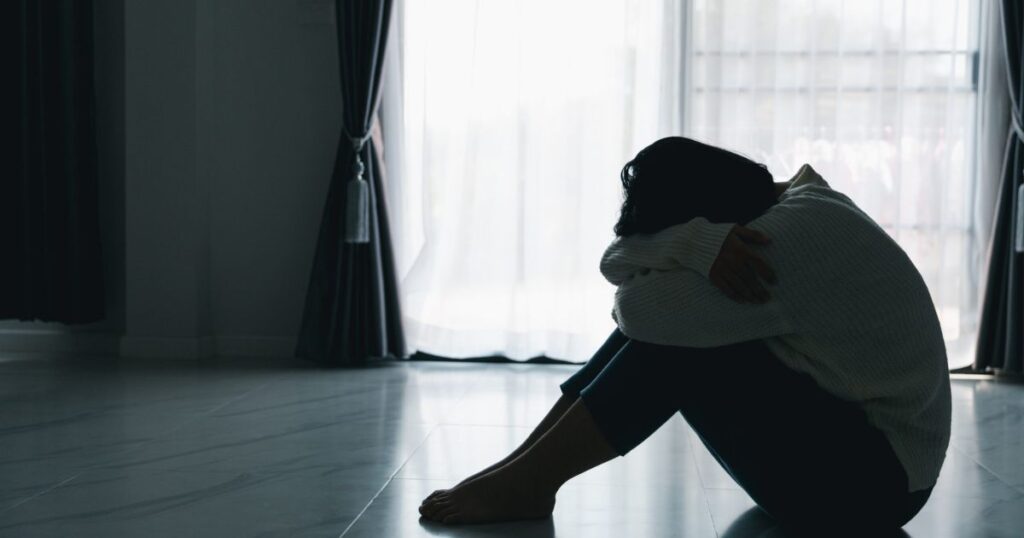
The troubled teen industry is an umbrella term used to describe a range of programs and facilities that claim to offer therapeutic interventions for troubled or at-risk youth. However, this industry has been the subject of significant scrutiny and controversy. Concerns have been raised about the lack of regulation and oversight, reports of abuse and neglect, questionable treatment methods, and the potential for exploitation of vulnerable individuals.
Critics argue that some programs within the troubled teen industry employ coercive or punitive approaches that can be harmful and ineffective in addressing underlying issues. There have been reports of physical, emotional, and psychological abuse, as well as instances of neglect and inadequate supervision. The use of punitive disciplinary measures, such as isolation, restraint, or deprivation, has also come under scrutiny.
Additionally, the troubled teen industry has faced criticism for its lack of standardized accreditation and licensing requirements. This lack of regulation makes it difficult to ensure that programs adhere to ethical and evidence-based practices. Critics argue that greater oversight and transparency are needed to protect the well-being and rights of participants.
Read this Blog: Yandex Games – A Comprehensive Guide
What Went Wrong at BlueFire?
The specific details of what went wrong at BlueFire Wilderness Therapy would depend on the context and any specific incidents or allegations associated with the program. Without specific information, it is challenging to provide a definitive answer. However, when something goes wrong at a therapeutic program like BlueFire, it typically refers to instances where the program fails to meet expected standards of care, safety, or ethical practices.
Potential issues that could occur at BlueFire or any program might include allegations of negligence, emotional or physical abuse, inadequate staff training, lack of proper supervision, mismanagement of participant care, breaches of confidentiality, or failure to provide appropriate therapeutic interventions.
The Court Case: What’s Being Said?
The court case involving BlueFire Wilderness Therapy has generated discussions and conversations surrounding the allegations and claims being made against the program. Lawyers, witnesses, and experts involved in the case are presenting their arguments, evidence, and testimonies to support their respective positions. The court proceedings provide a platform for both sides to present their perspectives and for the legal system to evaluate the validity of the allegations.
During the court case, statements and arguments regarding the alleged misconduct or wrongdoing at BlueFire Wilderness Therapy are being examined and debated. Plaintiffs may present evidence to support claims of negligence, emotional distress, or misrepresentation, while the defense may offer counterarguments and evidence to refute these allegations.
How People Feel and What They’re Saying
People’s feelings and opinions regarding the court case involving BlueFire Wilderness Therapy can vary widely. Those who have had positive experiences with the program may express support, defending its effectiveness and the positive impact it had on their lives or the lives of their loved ones.
On the other hand, individuals who have had negative experiences or concerns may feel validated by the court case, hoping for accountability and justice. It is common for people to have strong emotions and opinions when it comes to issues related to the well-being of vulnerable individuals and the ethical practices of therapeutic programs.
Looking at Right and Wrong in Wilderness Therapy
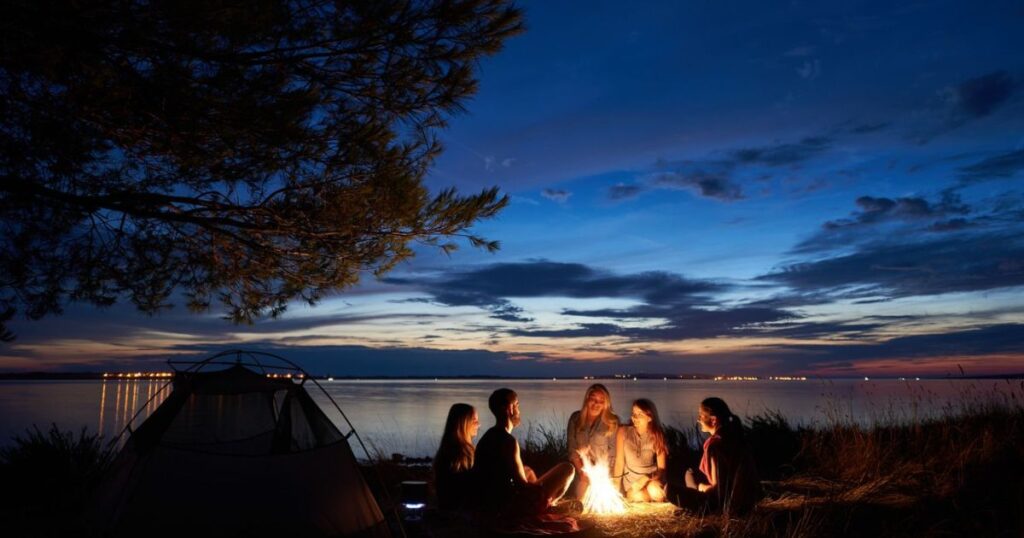
The court case involving BlueFire Wilderness Therapy prompts a broader examination of the practices, ethics, and standards within the wilderness therapy field. It raises questions about what constitutes effective and ethical treatment, the importance of participant safety and well-being, and the need for transparency and accountability. It is an opportunity for the industry as a whole to reflect on best practices, learn from any mistakes or shortcomings, and strive for continuous improvement.
What’s Next for Places Like BlueFire?
The outcome of the court case will significantly influence the future of BlueFire Wilderness Therapy and similar programs. If the allegations are substantiated, it may lead to changes within BlueFire, such as increased oversight, revised policies, or even closure.
It could also result in broader discussions and reforms within the troubled teen industry as a whole. The case will likely prompt a reevaluation of practices, standards, and regulations, with the ultimate goal of ensuring the safety and well-being of participants in programs like BlueFire.
Conclusion
The court case surrounding BlueFire Wilderness Therapy highlights the ongoing concerns and discussions regarding the troubled teen industry and the need for ethical and responsible practices in therapeutic programs. It serves as a platform to examine the allegations made against BlueFire and to evaluate the effectiveness, safety, and overall impact of such programs on participants.
The outcome of the court case will have implications not only for BlueFire but also for the wider troubled teen industry, potentially prompting reforms and increased oversight. It is crucial to listen to the voices of those directly affected, consider a range of perspectives, and work towards ensuring the well-being and rights of vulnerable youth in need of support and treatment.
The court case presents an opportunity for reflection, learning, and the pursuit of improved standards within the troubled teen industry to ensure that individuals receive the care and assistance they need in a safe and ethical manner.
